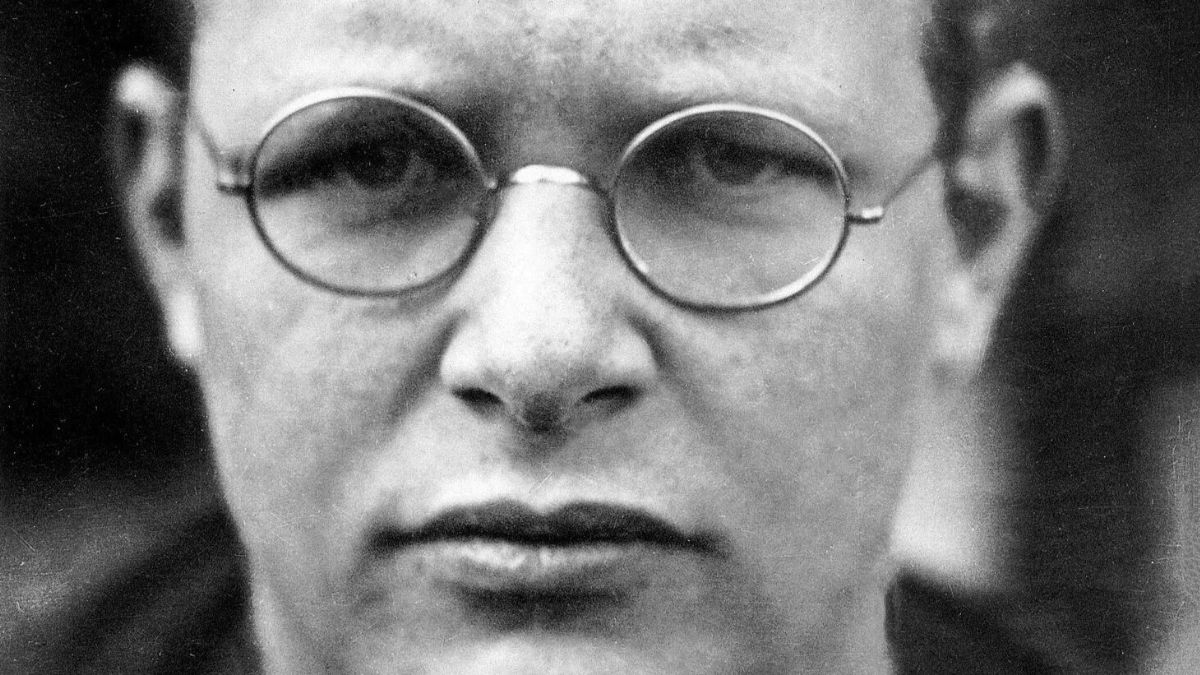

BreakPoint
Dja Vu All Over Again
As Yogi Berra once famously said after his teammates, Mickey Mantle and Roger Maris, hit back-to-back homeruns in consecutive games: "It's deja vu all over again." I'm getting the same feeling about something less awe-inspiring: that is, the way political pros and media types consistently get culturally motivated voters wrong. Since the elections, there have been many attempts to understand the so-called "values voter." Some people, like the editors of Time magazine, created a "Who's Who" of influential evangelicals. The unspoken assumption is that millions of Christian voters take their marching orders from these leaders. Others, especially abortion and gay rights activists, deny that there's anything worth understanding. Arguing, as lawyers put it, "in the alternative," they say that these voters didn't help re-elect the president, and if they did, you wouldn't listen to them anyway, much less bargain with them, because they are bigots. One "explanation" getting a lot of attention these days is Thomas Frank's recent book What's the Matter with Kansas? The title dates back to an 1896 essay with the same title. Then as now, the success of a populist movement, which included many Christians, horrified polite opinion. And like today, some of the establishment couldn't be bothered with trying to understand it. Instead, the famous journalist William Allen White insulted his readers in an essay "What's the Matter With Kansas?" To his credit, Thomas Frank treats his subjects with more respect. Still, he ends up insulting them because he doesn't understand what motivates them. Frank correctly notes that many conservative Christians don't personally benefit from Republican economic policies. So why do they do vote the way they do? His answer is essentially that they fall for a con job. Republicans and their allies portray conservatism "as a revolt of the little people against a high and mighty liberal elite." They employ the "hallucinatory appeal" of cultural issues, like abortion, to stir up the "inexhaustible right-wing outrage." In their anger at liberal elites in media, law, and politics, Christians don't see that they're being had. See what I mean? When wealthy liberals support candidates who might raise their taxes, they're called "principled" and "idealistic." When Christians disregard their own economic interests, they're called "angry" and "suspicious." Frank does write that "somewhere in the last four decades liberalism ceased to be relevant to huge portions of its traditional constituency," but he doesn't have a clue as to why. That is not surprising for someone who refers to the "hallucinatory appeal" of cultural issues. Apparently, Frank finds it hard to imagine that people might genuinely believe that the sanctity of life and preserving the traditional family take precedence over their pocketbooks. They may wish that they didn't have to choose between the two, but their votes reflect sincere priorities, not gullibility. In the end, for Frank and others, the "matter" with Kansas and places like it is that, like a century ago, people aren't voting the way "polite opinion" thinks they ought to. And now, as then, it's the people's, not the elite's, fault. It's the kind of "reasoning" that makes every post-election cycle a case of "deja vu all over again." Once again, they just don't get it.
03/15/05















